After-Hours Tour of the Fraunces Tavern Museum: "Path to Liberty"
Explore a new exhibit inside the oldest building in Manhattan, a witness to history throughout the Revolutionary War Era!

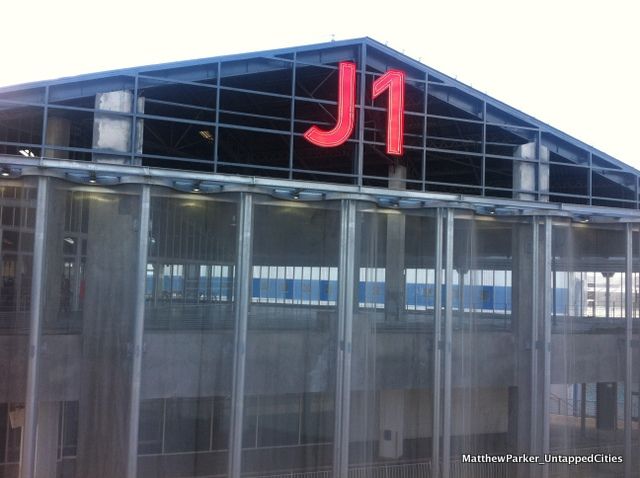
One month after the fanfare of Marseille’s inauguration as Capital of Culture, an old ferry terminal humbly refitted to hold temporary exhibitions has proven to be an unexpected success.
40,000 people have clambered up the rickety steps to the entrance of J1 in Marseille. They’ve come not only to see the exhibits but also to enjoy the wonderful views it affords of the ferry boats docked directly alongside. Indeed, as you approach the J1, you have to be careful not to take a wrong turn, for the ground floor is still used for passengers disembarking the boats from Corsica or North Africa. Entering on the upper level, cafes, bookshops and photography exhibitions suddenly fill a vast space that until just three months ago was a forgotten, derelict site.
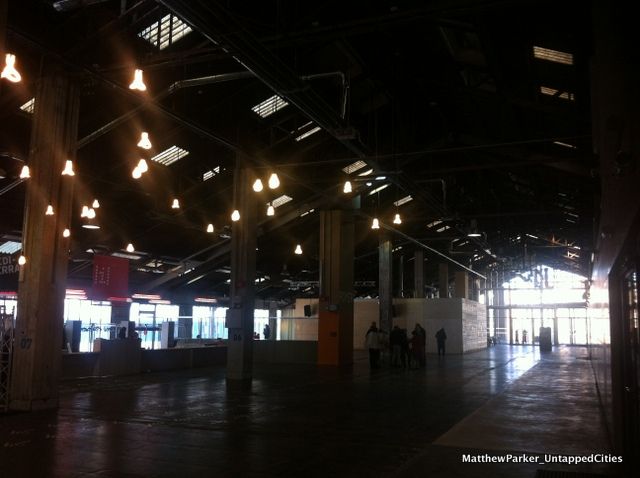
As you wander through a photo exhibition of Marseille in J1, it is hard to forget that you are in the middle of a working harbour. Beyond the windows that flank the building, huge passenger ships sound their horns preparing to leave. I spot a cleaner on a ferry bound for Algeria, fluffing pillows in preparation for the guests. Turning back to the exhibition, I suddenly understand the enthusiasm amongst locals for this unique space. Not only does the J1 demonstrate a desire to reclaim the city in imaginative new ways, but the very position of this hangar reminds you of Marseille’s raison d’etre as a port.
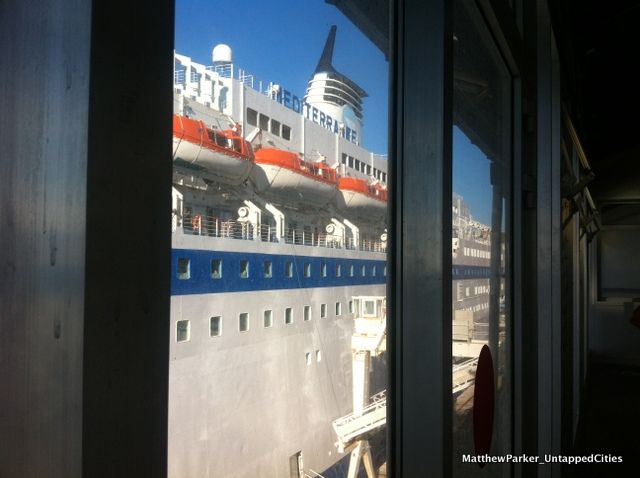
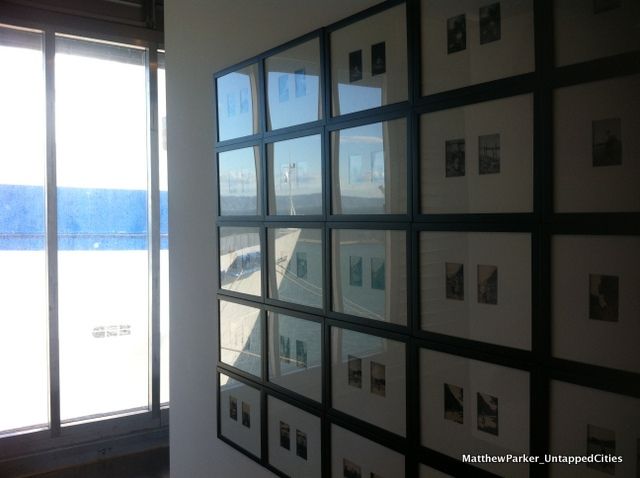
The exhibitions reflect this, displaying locals’ photography of the city from many different points of view, but often with the sea serving as a main character. The centrepiece exhibition, ‘Méditerranées, is a journey into 11 ports that border this sea, representing their myriad cultures through film, animation and writing. Wondering into the bookshop, this reflection on local cultures continues in books charting Marseille and her relationship with the sea, from ancient history to the present day.
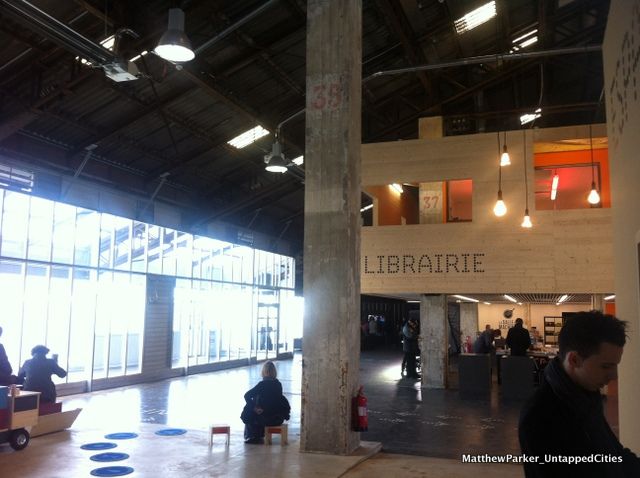
With such a successfully reinvented space, it seems an enormous shame that the J1 will close for the summer season. Only ever meant to serve as a temporary space until the end of 2013, the organisers deemed it too expensive to install air conditioning for a building that without, will roast under the Mediterranean sun. Nevertheless a new exhibition will open this Autumn and with it will no doubt raise new questions about J1’s uncertain future. Just a month after opening, people are already calling for the space to be kept indefinitely, displaying their desire for Marseille to reclaim its unused space for good and consolidate her new-found reputation as a cultural hub.
Read more about another temporary work by Tadashi Kawamata in Bordeaux kept permanent with community support. Get in touch with the author @ManInMarseille and check out his blog, The Man from Mars(eille).
Subscribe to our newsletter